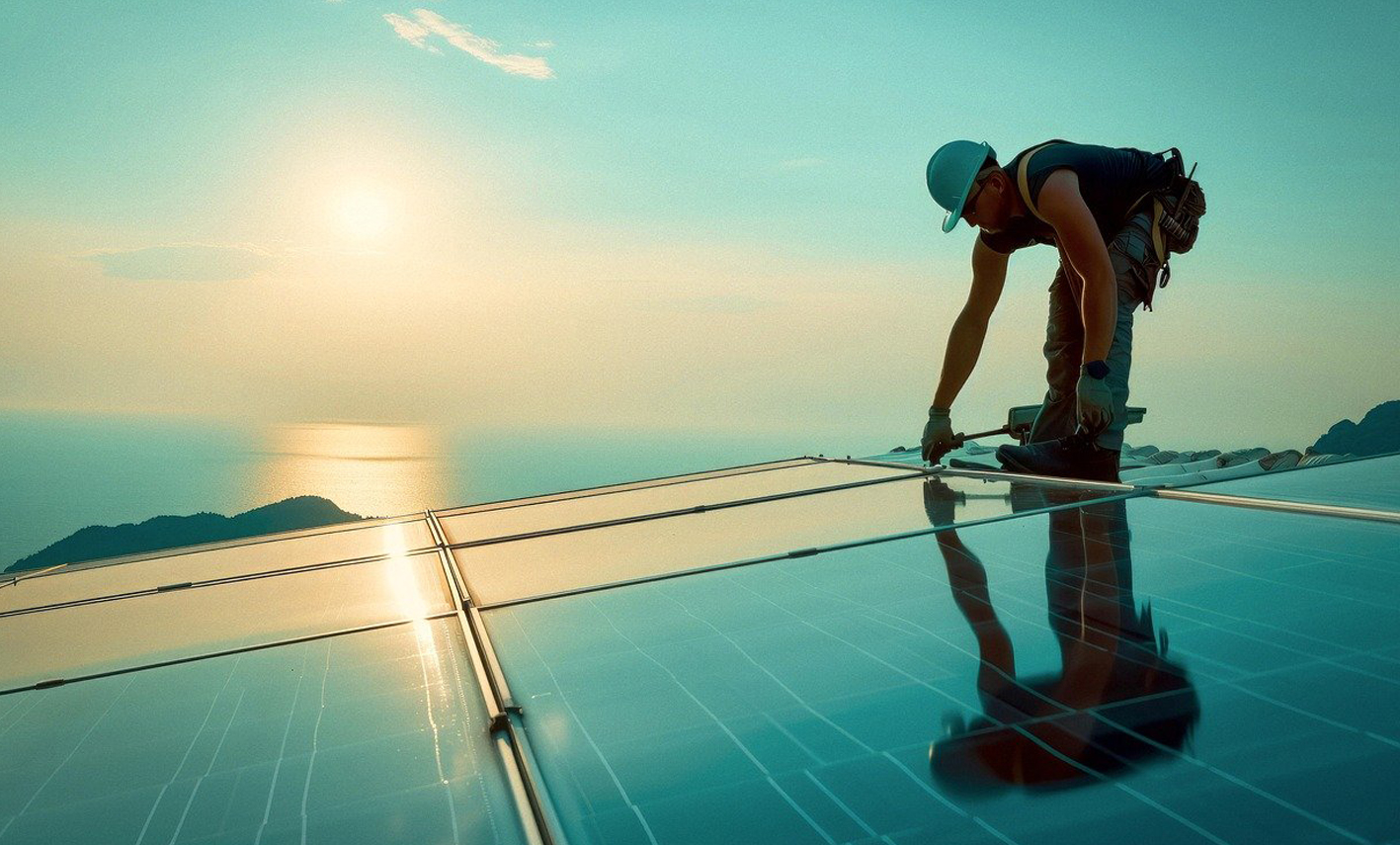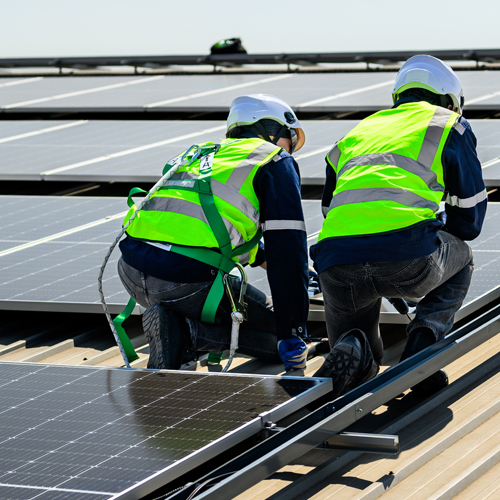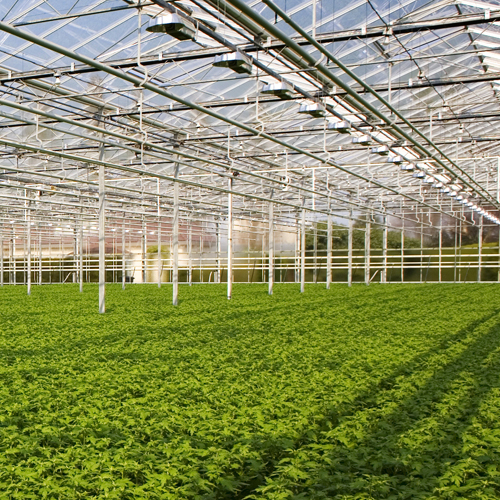Did you know that sometimes solar panels produce more electricity than you need? There are ways to take advantage of this surplus! In this article, we explain all our tricks to get the most out of photovoltaic solar energy.

Image by Gregor Mima on Pixabay
What are surpluses in solar panels?
If you are thinking of installing solar panels, it is important to understand what surpluses are. Self-consumption surpluses are the energy that solar panels produce but are not used immediately and are sent to the power grid. This usually happens during the sunniest hours when less electricity is needed at home. Instead of wasting that energy, it can be sent to the grid for later use. This is what we call self-consumption surplus compensation.
How does surplus compensation work?
Surplus compensation operates under two main modalities:
1. Agreement with the Marketer: Here, the user agrees with the electric company on a price for each kWh of surplus energy that is fed into the grid. This price is deducted from the total electricity bill.
2. Sale in the Free Market: In this modality, the user registers as an energy producer and sells the surpluses directly on the electricity market. However, this option is more complex and does not always guarantee significant economic returns.
Advantages of self-consumption with surpluses
• Savings on the electricity bill: Using the energy generated by solar panels reduces the expense on the electricity bill. Compensation or sale of surpluses can increase this savings.
• Profitability of the investment: The installation of solar panels can generate additional income, amortizing the initial investment in the long term.
• Environmental contribution: Using renewable energy reduces dependence on fossil fuels and greenhouse gas emissions.
• Energy independence: Generating your own energy reduces dependence on the conventional power grid.
• Promotion of self-sufficiency: It fosters a culture of energy self-sufficiency, promoting responsible use of natural resources.
Requirements for surplus compensation
To access surplus compensation, certain requirements must be met:
• Installation power not exceeding 100 kW: Installations must have a certain power to benefit from compensation.
• Associated with self-consumption supply modalities: The installation must be associated with modalities that include the self-consumption of renewable energy.
• Capacity to inject surplus energy: The installation must be able to inject surplus energy into the transport and distribution network.
• Renewable energy source: The primary energy source must be renewable.
• Compensation contract: A specific contract between the consumer and the producer is necessary.
Make the most of your surpluses with your electric car
Using the extra energy from your solar panels to charge your electric car is a great way to make the most of the solar energy you generate. This not only makes your solar panels work better but also promotes electric mobility in an efficient and ecological way.
Taking advantage of your solar panel surpluses is a smart strategy. It allows you to use the energy you generate and do not consume, helping you save on the electricity bill and care for the environment. Plan your consumption, store energy, and use smart technology to make the most of your solar energy surpluses.
If you are thinking of installing solar panels, it is important to understand what surpluses are. Self-consumption surpluses are the energy that solar panels produce but are not used immediately and are sent to the power grid. This usually happens during the sunniest hours when less electricity is needed at home. Instead of wasting that energy, it can be sent to the grid for later use. This is what we call self-consumption surplus compensation.
How does surplus compensation work?
Surplus compensation operates under two main modalities:
1. Agreement with the Marketer: Here, the user agrees with the electric company on a price for each kWh of surplus energy that is fed into the grid. This price is deducted from the total electricity bill.
2. Sale in the Free Market: In this modality, the user registers as an energy producer and sells the surpluses directly on the electricity market. However, this option is more complex and does not always guarantee significant economic returns.
Advantages of self-consumption with surpluses
• Savings on the electricity bill: Using the energy generated by solar panels reduces the expense on the electricity bill. Compensation or sale of surpluses can increase this savings.
• Profitability of the investment: The installation of solar panels can generate additional income, amortizing the initial investment in the long term.
• Environmental contribution: Using renewable energy reduces dependence on fossil fuels and greenhouse gas emissions.
• Energy independence: Generating your own energy reduces dependence on the conventional power grid.
• Promotion of self-sufficiency: It fosters a culture of energy self-sufficiency, promoting responsible use of natural resources.
Requirements for surplus compensation
To access surplus compensation, certain requirements must be met:
• Installation power not exceeding 100 kW: Installations must have a certain power to benefit from compensation.
• Associated with self-consumption supply modalities: The installation must be associated with modalities that include the self-consumption of renewable energy.
• Capacity to inject surplus energy: The installation must be able to inject surplus energy into the transport and distribution network.
• Renewable energy source: The primary energy source must be renewable.
• Compensation contract: A specific contract between the consumer and the producer is necessary.
Make the most of your surpluses with your electric car
Using the extra energy from your solar panels to charge your electric car is a great way to make the most of the solar energy you generate. This not only makes your solar panels work better but also promotes electric mobility in an efficient and ecological way.
Taking advantage of your solar panel surpluses is a smart strategy. It allows you to use the energy you generate and do not consume, helping you save on the electricity bill and care for the environment. Plan your consumption, store energy, and use smart technology to make the most of your solar energy surpluses.
Did you like this post? Check out our latest current news!




